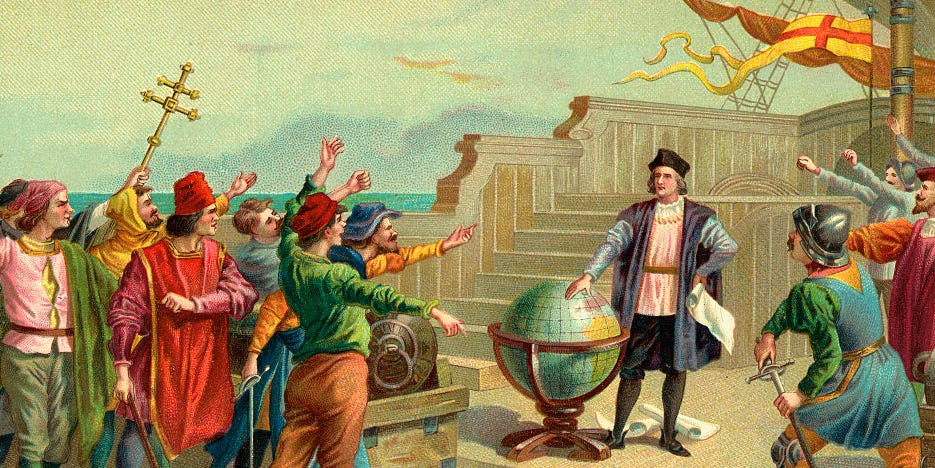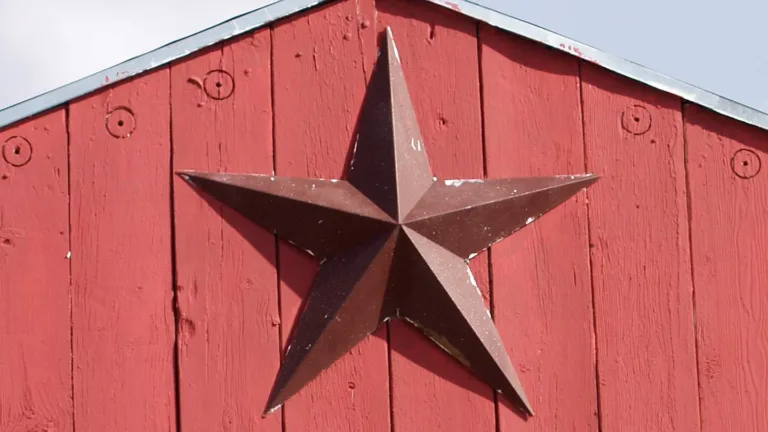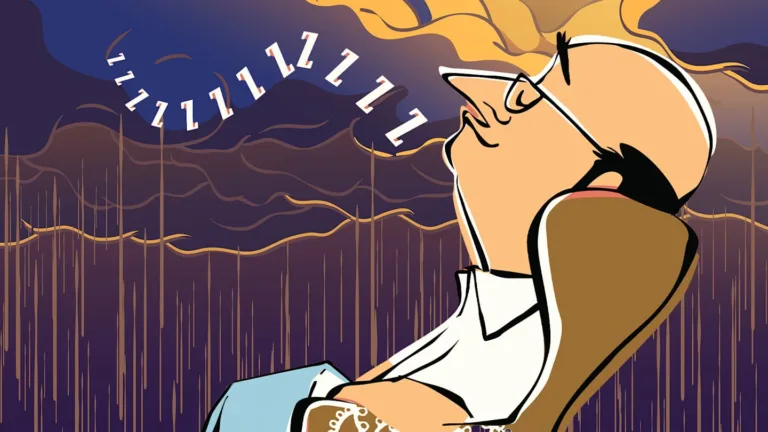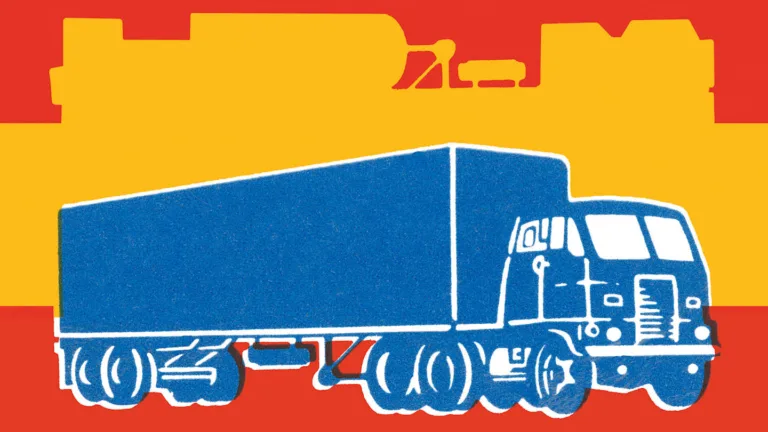Christopher Columbus is a figure who continues to spark debate and controversy Centuries After His Voyages. While he’s often remembered as the “discoverer” of America, this narrative oversimplifies a complex historical reality. Columbus never actually reached the mainland of what we now call North America. His explorations focused primarily on the Caribbean islands, where he encountered and interacted with Indigenous populations.
The question of whether was Christopher Columbus a good person is deeply nuanced. On one hand, his voyages initiated a period of unprecedented global exchange known as The Columbian Exchange, Which Brought Together Plants, animals, cultures, and ideas from the East and West. This had a profound impact on World History, shaping everything from agriculture to cuisine To Religious Practices. However, this “discovery” came at a devastating cost for Indigenous peoples.
Columbus’s arrival led to the enslavement, exploitation, and decimation of entire populations through Forced Labor, Brutal Treatment, and the introduction of European diseases against which they had no immunity. Christopher Columbus bad actions are undeniable and cannot be ignored. His legacy is therefore a complex one, marked by both progress and tragedy, leaving us to grapple with the enduring consequences of his voyages and the need for a more accurate and inclusive understanding of history.
Columbus’s Voyages and the Caribbean
Columbus’s first voyage in 1492 led him to the Bahamas, an archipelago he initially believed was part of Asia. He landed on an island he named San Salvador and went on to explore other Caribbean islands, including Cuba and Hispaniola (present-day Haiti and The Dominican Republic). He established a settlement on Hispaniola, marking the beginning of European colonization in the region.
Columbus’s voyages were driven by a desire for wealth and fame. He sought a westward route to Asia to access valuable spices and Trade Goods, believing he could reach India by sailing west across the Atlantic. While he never reached the mainland of Asia, his explorations opened up a new world to Europe, forever changing the course of history.
Columbus’s encounters with Indigenous peoples in the Caribbean were marked by both curiosity and exploitation. He documented their customs and languages but also viewed them as potential sources of labor and riches. His interactions often led to conflict, violence, and ultimately, the subjugation and displacement of Indigenous populations. The arrival of Europeans brought new diseases that ravaged the local population, Further Decimating Their Numbers.
The Columbian Exchange: Global Impact
Columbus’s voyages set in motion a profound exchange of goods, ideas, and cultures between the Eastern and Western Hemispheres, known as The Columbian Exchange. This massive transfer of plants, animals, people, and diseases had a lasting impact on both sides of the Atlantic, shaping the world we know today.
From the Americas, Crops Like Potatoes, tomatoes, corn, and beans were introduced to Europe and Asia, revolutionizing diets and agriculture. Livestock such as horses, cattle, and pigs were brought from Europe to the Americas, Transforming Transportation, agriculture, and Indigenous societies. The exchange also included diseases, with devastating consequences for Indigenous populations who had no immunity to European Illnesses Like Smallpox, measles, and influenza.
The Columbian Exchange was a complex phenomenon with both positive and negative consequences. While it led to new agricultural advancements and cultural exchanges, it also resulted in widespread death, displacement, and the disruption of traditional ways of life. Understanding this exchange is crucial for comprehending the interconnectedness of global history and the lasting impact of Columbus’s voyages.
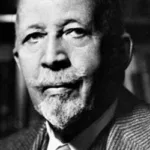 Web Dubois vs Booker T. Washington: Clashing Visions For Black Equality
Web Dubois vs Booker T. Washington: Clashing Visions For Black EqualityIndigenous Populations and Colonialism
The arrival of Columbus and subsequent European colonization had a catastrophic impact on Indigenous populations throughout the Americas. Indigenous peoples were subjected to forced labor, enslavement, Disease Outbreaks, and cultural suppression. The encomienda system, a labor system that granted Spanish colonists control over Indigenous populations, led to widespread exploitation and abuse.
Columbus himself is documented as having participated in acts of cruelty against Indigenous people, viewing them as inferior and expendable. His actions set a precedent for the brutal treatment of Indigenous populations by European colonizers. The introduction of European diseases, to which Indigenous peoples had no immunity, Decimated Entire Communities, leading to population collapse and cultural disruption.
The legacy of colonialism continues to affect Indigenous communities today, who face ongoing challenges related to Land Rights, Cultural Preservation, and systemic discrimination. It is crucial to acknowledge the devastating impact of colonization on Indigenous populations and work towards reconciliation and justice.
Legacy Of Exploration: Complexities And Controversies
Columbus’s voyages and their consequences continue to be a source of debate and controversy centuries later. While he is often credited with “discovering” America, this narrative overlooks the pre-existing Indigenous populations and the devastating impact of European colonization.
The legacy of exploration is complex and multifaceted. It brought about significant cultural exchange and technological advancements but also resulted in immense suffering and the loss of countless lives. Recognizing both the positive and negative aspects of Columbus’s voyages is essential for understanding history accurately and engaging in meaningful discussions about its impact on the world today.
Ultimately, it is up to each individual to grapple with the complexities of Columbus’s legacy and form their own Informed Opinions. Complexities and controversies surrounding his voyages highlight the need for critical thinking, Historical Nuance, and a commitment to understanding the full scope of human history, both its triumphs and its tragedies.
A Lasting Influence on World History
Columbus’S Voyages, while often viewed through the lens of European exploration, had a profound and lasting influence on world history. The Columbian Exchange, triggered by his expeditions, Irrevocably Altered Global Trade Patterns, Agricultural Practices, and cultural landscapes.
The introduction of New World crops to Europe transformed diets and spurred Population Growth. Conversely, European diseases decimated Indigenous populations in the Americas, leading to demographic shifts that continue To Shape Societies Today. This exchange also facilitated the movement of people across continents, contributing to the formation of diverse communities and cultures worldwide.
Columbus’s voyages ultimately set in motion a chain of events that reshaped the world, influencing everything from global economies to Political Power Dynamics. Understanding his legacy requires acknowledging both its positive and negative consequences, recognizing the Lasting Influence he had on the course of Human History.
More for curious minds
Unlock extra content and exclusive deals tailored to your interests.

